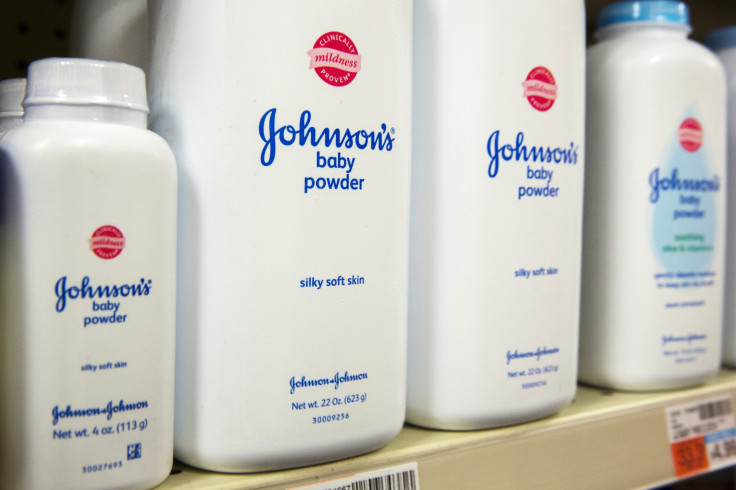Johnson & Johnson Ordered To Pay $72 Million In Cancer Death Linked To Talcum Powder

A St. Louis , Missouri, court jury ordered Johnson & Johnson to pay $72 million to the family of a woman whose death from ovarian cancer was linked to her long-time use of the healthcare company’s talc-based Baby Powder and Shower to Shower products.
Jurors in the circuit court awarded the family of Jacqueline Fox from Birmingham, Alabama, $10 million of actual damages and $62 million of punitive damages, according to local media reports Tuesday. Fox died in October last year at the age of 62, three years after being diagnosed with ovarian cancer. Shortly before her death she recorded an audio deposition, saying she had used Johnson & Johnson talc powder products for feminine hygiene for more than 35 years, St. Louis Post-Dispatch reported.
Johnson & Johnson was found liable for fraud, negligence and conspiracy by a 10-2 vote by the jury, according to the family’s lawyers Tuesday. The trial, which lasted three weeks, was one of the 1,000 cases that have been filed in Missouri state court, and another 200 in New Jersey in the last two years, claiming that the company failed for decades to warn consumers that its talc-based products could cause cancer.
Jere Beasley, a lawyer for Fox's family, reportedly said Johnson & Johnson "knew as far back as the 1980s of the risk," and yet resorted to "lying to the public, lying to the regulatory agencies" — a point on which the company defended itself saying that it while it sympathized with Fox’s family, it firmly believed the safety of cosmetic talc is supported by decades of scientific evidence.”
“We have no higher responsibility than the health and safety of consumers, and we are disappointed with the outcome of the trial,” Carol Goodrich, spokeswoman for Johnson & Johnson, reportedly said in a prepared statement Tuesday.
The news highlighted a growing discussion over the link between talcum powder use in the genital area over long periods of time and an increased risk for ovarian cancer, Studies showed a higher rate of ovarian cancer connected to talc use, with risk typically increasing by about 35 percent, according to Fairwarning.org.
Many studies into the possible link between talcum powder and ovarian cancer have yielded mixed findings, with some studies reporting a slightly increased risk and some reporting no increase, according to the American Cancer Society. The organization noted while two “prospective cohort studies” had not found an increased risk and if there is an increased risk, the overall increase would likely to very be small.
But, according to news reports, the jury in St. Louis found Johnson & Johnson guilty of failing to warn the public and conspiring to keep the truth about the link from the public.
© Copyright IBTimes 2025. All rights reserved.





















